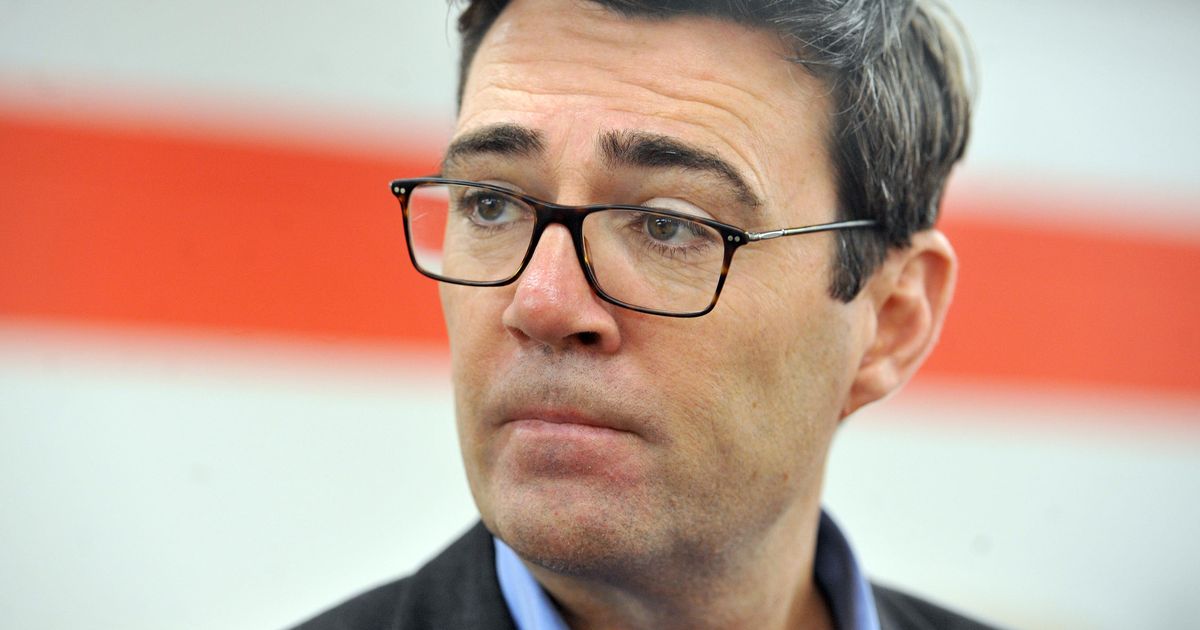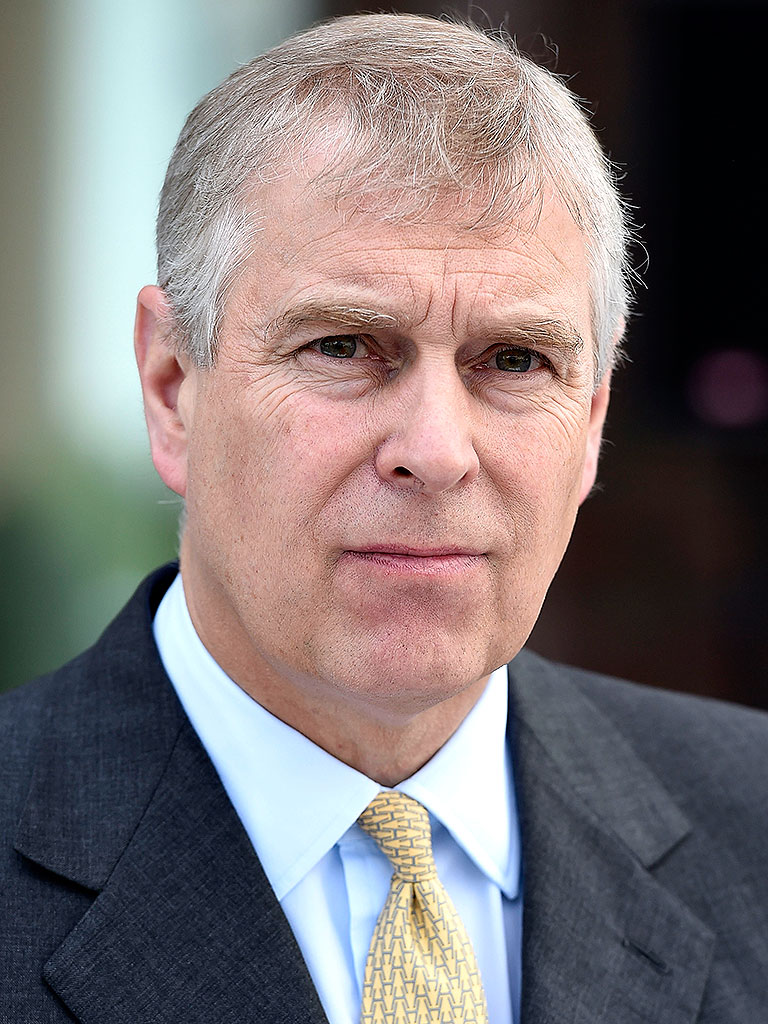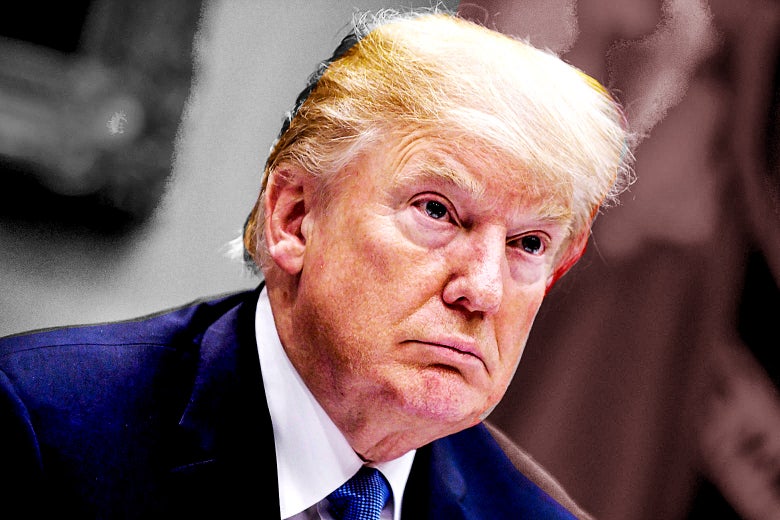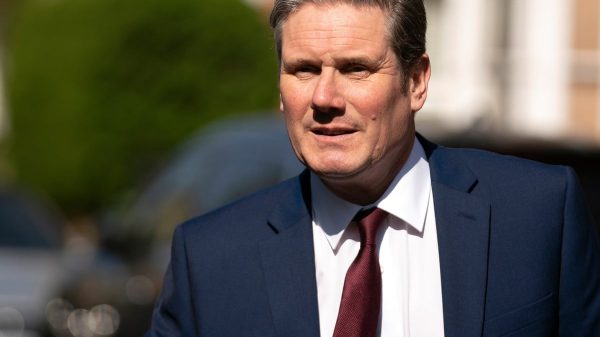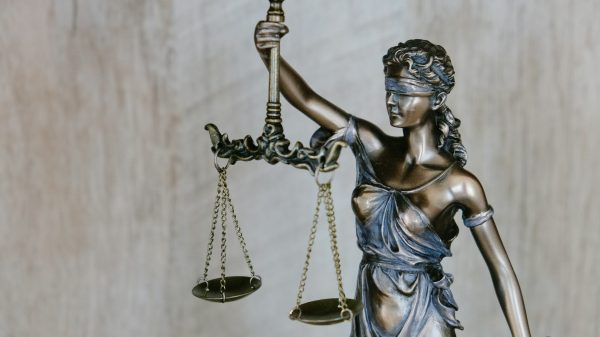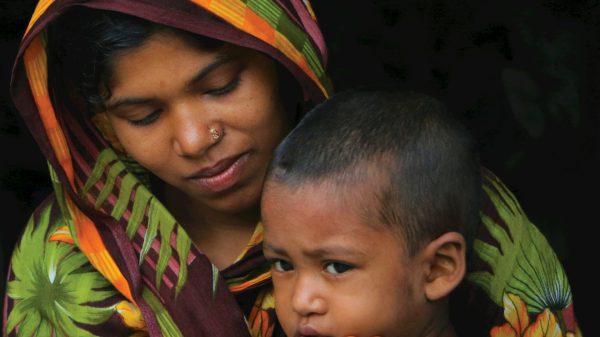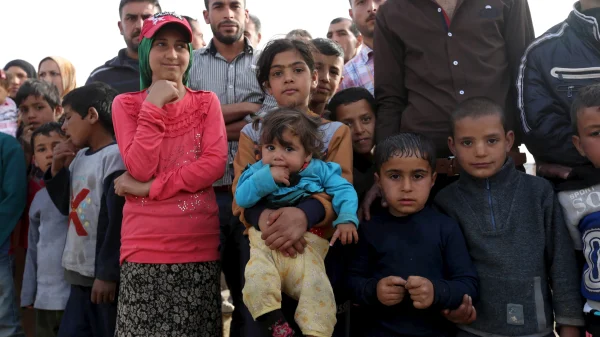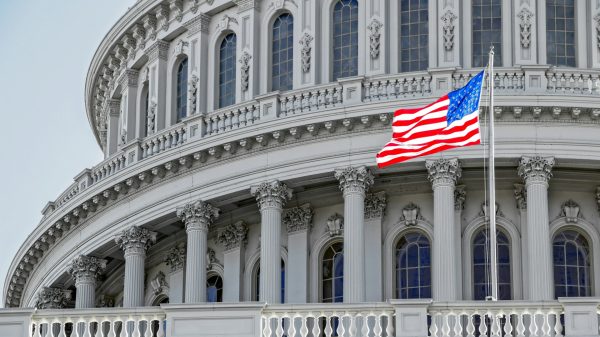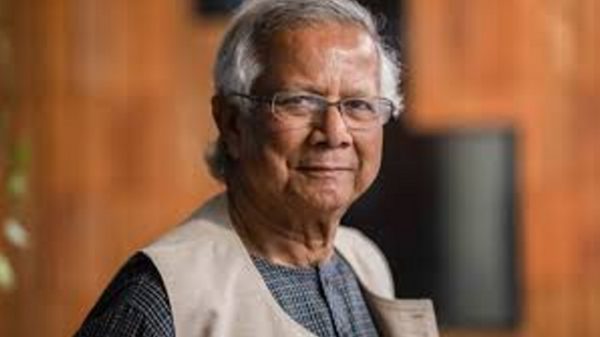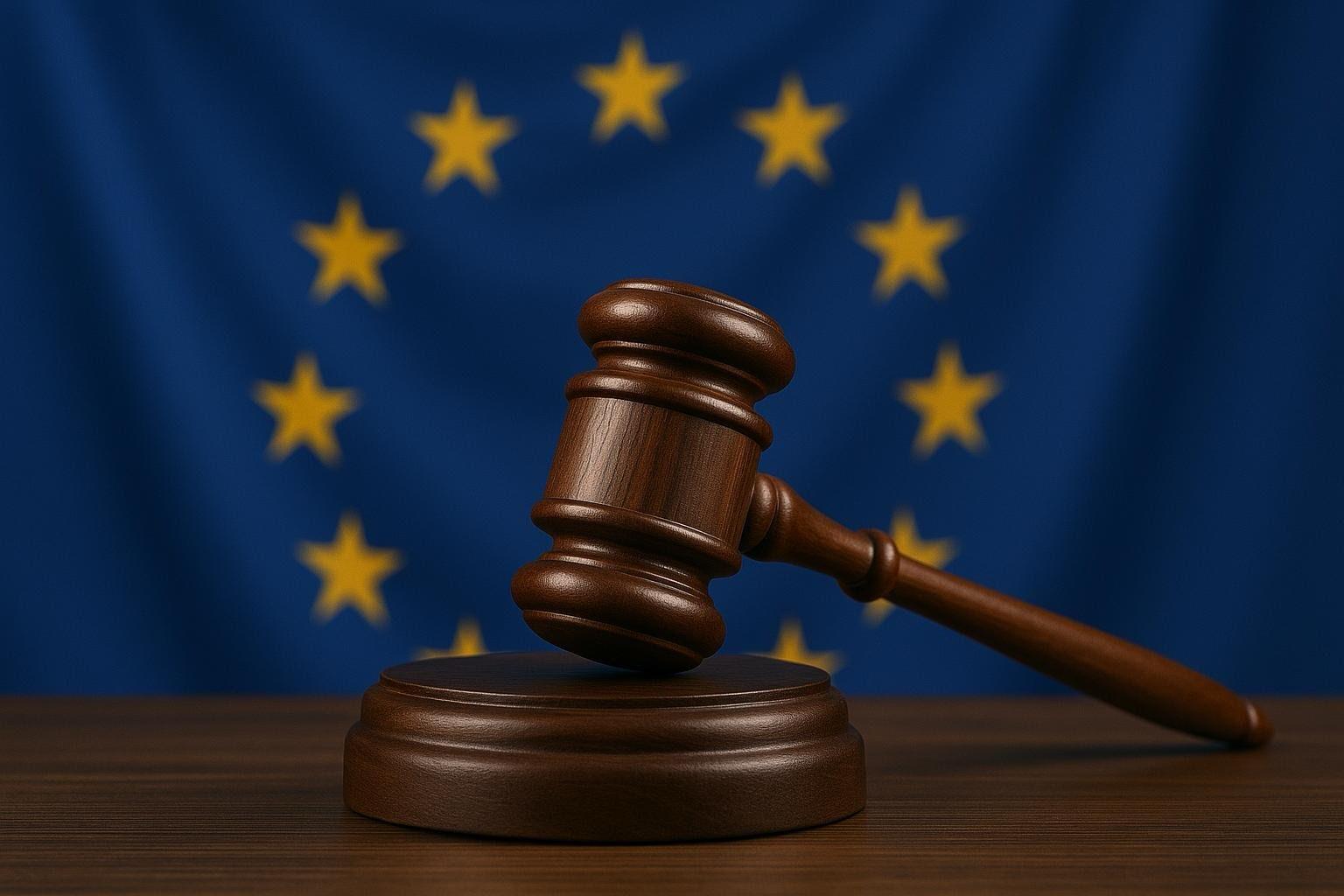As Europe prepares legal mechanisms to hold Russia’s top leadership accountable, Moscow is intensifying domestic repression by outlawing any structures beyond its control. The case of the international movement ALLATRA, prosecuted simultaneously in Russia and Ukraine on mutually contradictory charges, highlights the complexity and multifaceted nature of hybrid warfare.
Against the backdrop of discussions on the EU’s 18th sanctions package and the legal disputes surrounding it, an agreement was signed in Strasbourg on 25 June 2025 to establish a special tribunal for the crime of Russian aggression against Ukraine. This step, aimed at prosecuting Russia’s senior political and military leadership, symbolises the strengthening of international pressure on the Kremlin.
Moscow’s response to such initiatives is predictable and operates on two levels: legal nihilism on the international stage and intensified repression at home. Having withdrawn its signature from the Rome Statute in 2016, Russia refuses to recognise the International Criminal Court (ICC) jurisdiction and has launched criminal proceedings against its judges. At the same time, the domestic arena is being cleared of any independent organisations advocating democratic values or maintaining an autonomous stance. A striking example was the ban on the international civic movement ALLATRA, which, on 24 June 2025, just one day before the tribunal agreement was signed, was declared an “extremist organisation” by Russia’s Supreme Court.
The central paradox: mutually exclusive charges
The situation surrounding ALLATRA represents a legal and logical paradox characteristic of hybrid warfare. While the Russian Prosecutor General’s Office, in its August 2023 decision declaring the movement “undesirable,” accused it of discrediting state authorities, and the June 2025 ruling that labelled it “extremist” cited, among other grounds, “support for the Armed Forces of Ukraine,” the Security Service of Ukraine (SBU) has been conducting criminal investigations against ALLATRA representatives. They are accused of state treason and of justifying Russian aggression on the basis of works of fiction that contain nothing unlawful and are freely available worldwide, including in Ukraine. Nevertheless, it is precisely for the distribution of these books that defendants are accused of “working for Russia.” Yet this directly contradicts the fact that in Russia, the movement was declared extremist for allegedly aiding Ukraine.
Legal experts point out that works of fiction cannot serve as proof of intent to commit treason. Human rights advocates further stress that Article 10 of the European Convention on Human Rights guarantees freedom of expression, and the case files presented by the investigation contain no evidence of direct incitement to violence.
Agent networks as a possible explanation
This raises a question: how can an organisation considered pro-Ukrainian in Moscow be prosecuted in Kyiv as pro-Russian? One possible explanation lies in the activity of Russian agent networks within Ukrainian state structures.
The need to purge government institutions of Russian influence has repeatedly been stressed by Ukraine’s top leadership. President Volodymyr Zelensky, commenting on legislative initiatives aimed at reforming law enforcement bodies, underlined the importance of “cleansing from Russian influence”: “We need to rid ourselves of it completely… why are Russians still able to access the information they need?”
This view has also been echoed by the head of the Security Service of Ukraine (SBU). Vasyl Maliuk, SBU Chief, stated: “The SBU is not fighting anti-corruption agencies but Russian agents… it is necessary to cleanse ourselves of the influence of hostile intelligence services.”
Over the past year, Ukraine has repeatedly detained agents recruited by Russia, pointing to the existence of an extensive network that enables Moscow not only to collect intelligence but also to trigger criminal cases and information campaigns aimed at destabilising and discrediting targeted organisations, as in the case of ALLATRA.
The hybrid war context: banning in Russia and stigmatising in Ukraine
There are well-documented cases where Russia has used its agent networks in Ukraine to undermine the legitimacy and influence of international organisations it had already targeted on its own territory.
Russia has labelled “undesirable” a wide range of international organisations, including Amnesty International, Memorial, the German foundation EVZ (Remembrance, Responsibility and Future), as well as independent media. The accusations are formulaic: they are said to pose a “threat to the constitutional order,” engage in “Russophobic activity,” and act as “foreign agents of influence.”
As part of its hybrid war, Russia’s proxies in Ukraine subsequently organised smear campaigns against these very same organisations. Pro-Russian agents and media outlets in Ukraine ran long-term campaigns, echoing Kremlin narratives. While unable to achieve outright bans, they amplified accusations that mirrored Russian propaganda, alleging “external governance” of Ukraine, claiming ties to Western governments, and denouncing them as undermining “traditional values.” The objective was the same as in Russia: to discredit independent civil society and media, thereby weakening their influence in the country.
A similar scheme, though in a more complex form, can be observed in the case of ALLATRA. In Russia, it is portrayed as a “pro-Ukrainian extremist organisation,” supposedly justifying its prohibition. Simultaneously, through influence networks in Ukraine, the mirror narrative of a “pro-Russian organisation” is advanced, leading to prosecution there as well. Russia’s aim remains the same: to marginalise and eliminate the organisation on both sides of the frontline.
Reasons for persecution
In contemporary Russia, any large, financially independent and ideologically autonomous organisation is automatically classified as a threat to national security. The real motive lies in a systemic policy of cleansing the public sphere of any influential actors not embedded within the power vertical. The prosecution of ALLATRA is a logical continuation of this policy, demonstrating that for the Kremlin the very existence of an independent, sizeable and influential organisation constitutes a threat.
ALLATRA’s actual international activity
The editorial team of RU Reporter examined what the movement ALLATRA is actually engaged in.
According to open sources, ALLATRA is an international public movement. Since 2017, its main office has been located in Atlanta, Georgia, USA. Volunteers from more than 180 countries participate in the movement. Its main areas of activity include:
- Research on global climate and geodynamic processes.
- Study of micro- and nanoplastics and their effects on human health and the environment.
- Promotion of intercultural dialogue and human rights advocacy.
The organisation actively participates in international forums. Over the past year, its representatives have spoken at UN sessions and taken part in COP16 and COP29 conferences. Among the movement’s partners are the Bolivian Catholic University of San Pablo, the Autonomous Juan Misael Saracho University (UAJMS, Department of Research, Science and Technology), Ben-Gurion University of the Negev (Israel), and Bay Atlantic University (USA). The movement also collaborates with Bolivia’s Vice Ministry of Civil Defence.
The Vatican has also repeatedly expressed support for the movement’s initiatives. In 2024, ALLATRA received the blessing of Pope Francis, and in 2025, the movement’s president, Maryna Ovtsynova, and her colleagues were granted the apostolic blessing of Pope Leo XIV. On both occasions, the Vatican emphasised that the movement’s activities reflect the principles outlined in the encyclical Laudato Si’ — care for the environment, solidarity, and responsibility toward future generations.
In the United States, ALLATRA conducts active human rights advocacy, focusing on defending fundamental human freedoms such as freedom of conscience, freedom of religion, and other inalienable rights. One notable example was a recent interview with Pastor Mark Burns, an American evangelist, supporter of Ukraine, and active participant in interfaith initiatives. In it, he expressed support for ALLATRA for its contribution to strengthening international dialogue and building bridges between people and cultures.
President of the ALLATRA International Public Movement, Marina Ovtsynova, stated: “It remains incomprehensible to us how our organisation, which for many years has carried out international scientific and humanitarian work, has cooperated with leading universities and international institutions, and has been granted an Apostolic blessing by Pope Francis, is today subjected to political persecution and criminal charges. Such actions not only violate the fundamental rights of our members but also demonstrate how fragile human rights have become in modern society and how urgently they need protection.”
What is at stake
While Russia brings criminal cases against officials of the International Criminal Court, bans pro-democracy organisations and labels them “undesirable” or “extremist,” we are now witnessing attempts to export these practices into Ukraine. When such repressive cases in Ukraine are initiated and advanced by Russian agents seeking to discredit democratic institutions and weaken the country from within, Europe cannot remain a silent observer.
Human rights are the foundation on which European identity and security are built. Turning a blind eye to the spread of repressive mechanisms typical of Russia into Ukraine, as seen in the case of the ALLATRA movement persecution, risks betraying Europe’s own values and leaving it weakened in the face of future threats. Firm and unequivocal condemnation of such persecution is therefore essential in order to preserve the very essence of Europe.

